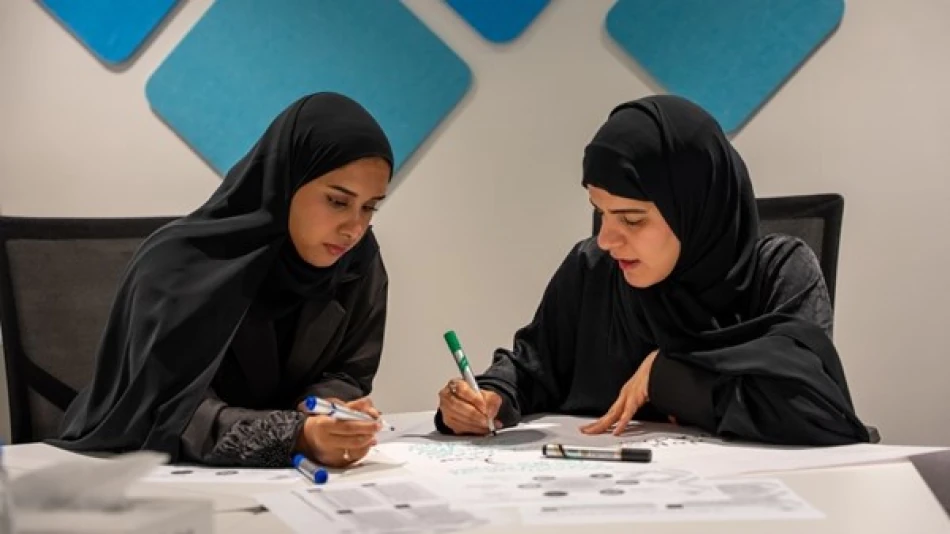
Sharjah Private Education Launches Fifth Cohort of 'I'm a Teacher and Proud' Program
Sharjah Doubles Down on Teacher Localization with Fifth Cohort of "Proud to Teach" Program
The Sharjah Private Education Authority has launched the preparatory bridging program for the fifth cohort of its flagship "Proud to Teach" initiative, marking a significant milestone in the emirate's ambitious drive to replace expatriate teachers with qualified Emirati nationals. This latest expansion underscores the UAE's broader strategy to build sustainable education systems while reducing dependence on foreign expertise in critical sectors.
Strategic Push for Educational Self-Reliance
The program launch aligns with Sheikh Dr. Sultan bin Muhammad Al Qasimi's comprehensive vision to localize private sector employment across Sharjah. Unlike other emirates that have focused primarily on public sector Emiratization, Sharjah's approach targets the private education market—a sector traditionally dominated by international teachers and curricula.
The initiative represents more than workforce nationalism; it signals a calculated move toward educational sovereignty. By developing homegrown teaching talent, Sharjah positions itself to reduce recruitment costs, improve teacher retention, and create education delivery models that better reflect local values and priorities.
Hybrid Learning Model Addresses Practical Challenges
The program's structure reveals sophisticated planning around participant needs. Beginning virtually on August 4th and transitioning to in-person sessions at Sharjah Education Academy on August 11th, the hybrid approach accommodates working professionals while ensuring hands-on skill development.
Focus on Academic Readiness
The curriculum emphasizes academic and linguistic skill development, research methodology, analytical thinking, and self-directed learning. This foundation prepares participants for specialized diploma programs—addressing a critical gap where subject matter experts lack pedagogical training.
Dr. Muhditha Al Hashemi, Chairman of Sharjah Private Education Authority, positions the program as strategic human capital investment rather than simple job training. This framing suggests long-term commitment to building educational capacity beyond immediate staffing needs.
Market Implications for Private Education
For private schools operating in Sharjah, this initiative creates both opportunities and pressures. Schools may benefit from reduced recruitment costs and improved teacher stability, but they must also adapt to working with locally-trained educators who may have different expectations around career development and compensation.
The program's emphasis on classroom interaction skills, self-regulation, and critical thinking suggests awareness that technical subject knowledge alone doesn't guarantee teaching effectiveness—a lesson learned from earlier Emiratization efforts across various sectors.
Regional Context and Competitive Positioning
Sharjah's approach contrasts with Dubai's more market-driven education strategy and Abu Dhabi's focus on attracting international education providers. By investing heavily in local teacher development, Sharjah may be positioning itself as a more cost-effective education destination while maintaining quality standards.
Since launching in 2019, "Proud to Teach" has demonstrated staying power through multiple cohorts, suggesting genuine market demand and participant satisfaction. The program's combination of theoretical training and practical application, supervised by education experts, addresses common criticisms of rushed localization efforts.
Long-Term Educational Transformation
The program's success could influence education policy across the UAE and broader Gulf region. If Sharjah demonstrates that locally-trained teachers can deliver quality education while reducing costs, other emirates may adopt similar approaches.
For participants, the program offers genuine career transition opportunities in a stable, growing sector. For the emirate, it represents calculated investment in reducing long-term operational dependencies while building indigenous expertise in a critical social service.
Most Viewed News

 Layla Al Mansoori
Layla Al Mansoori






